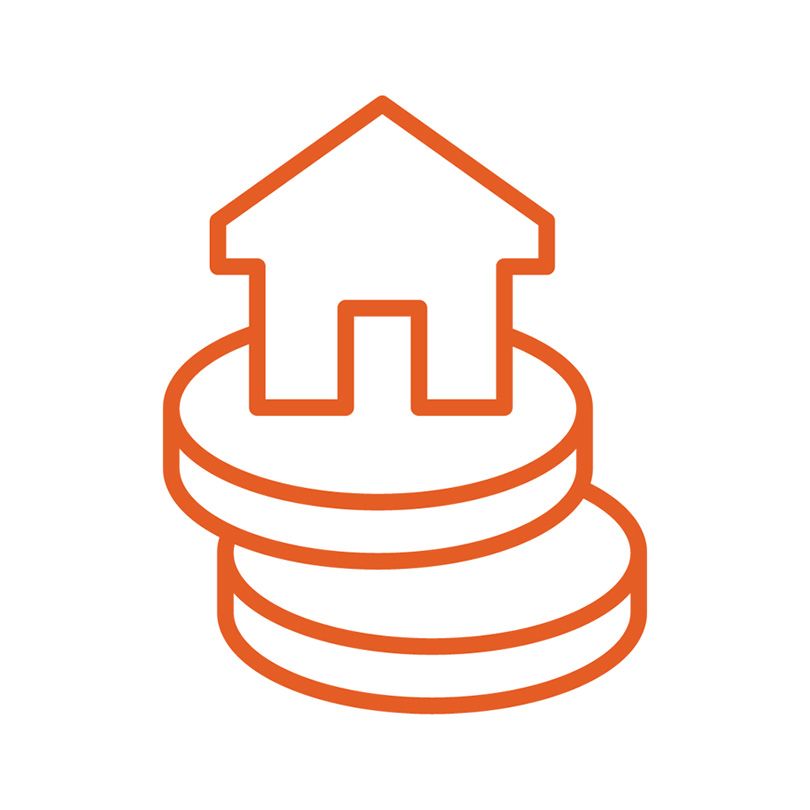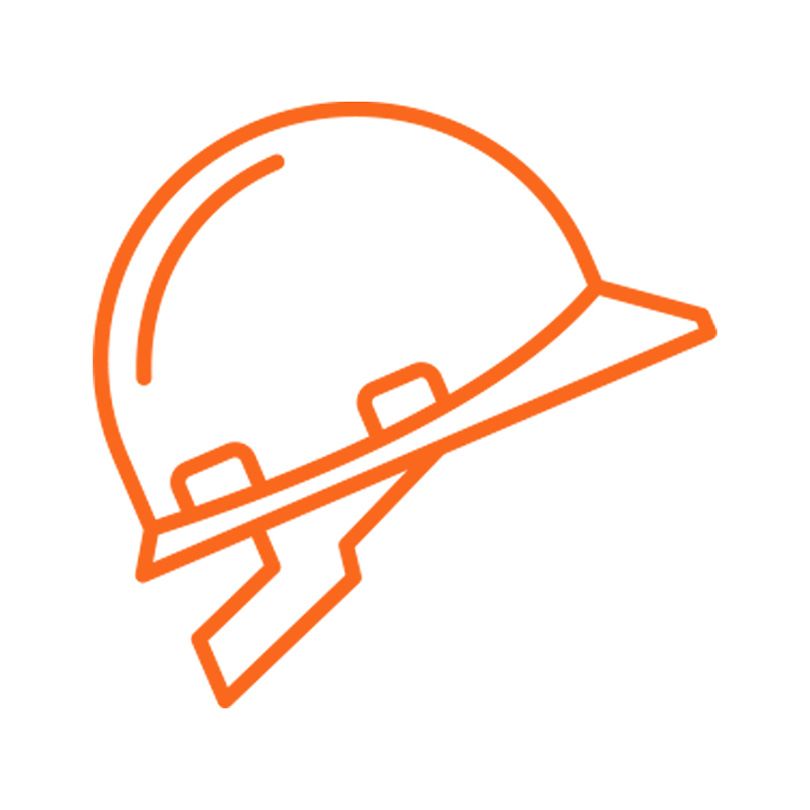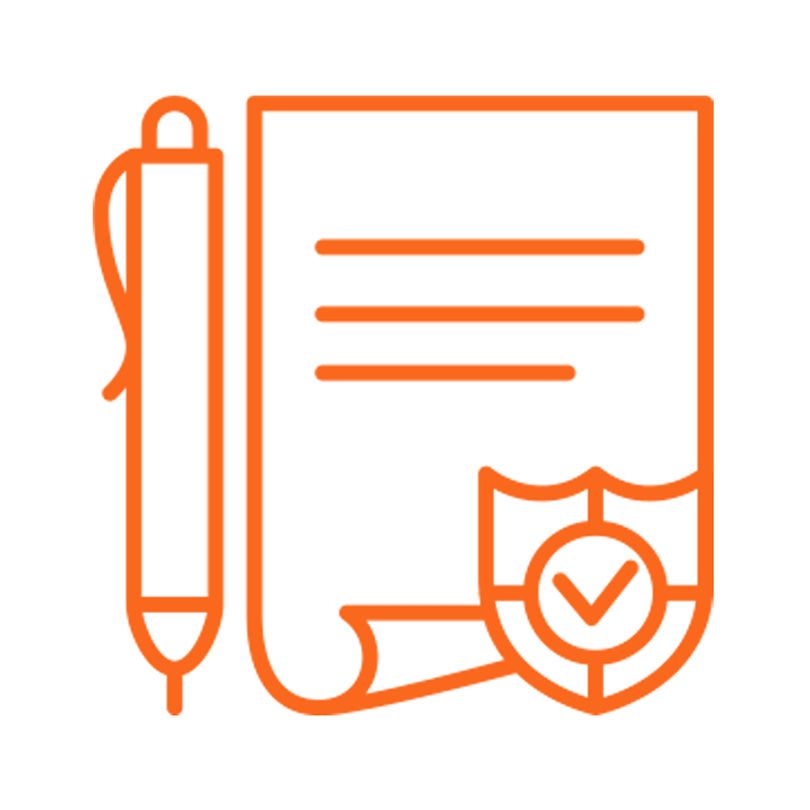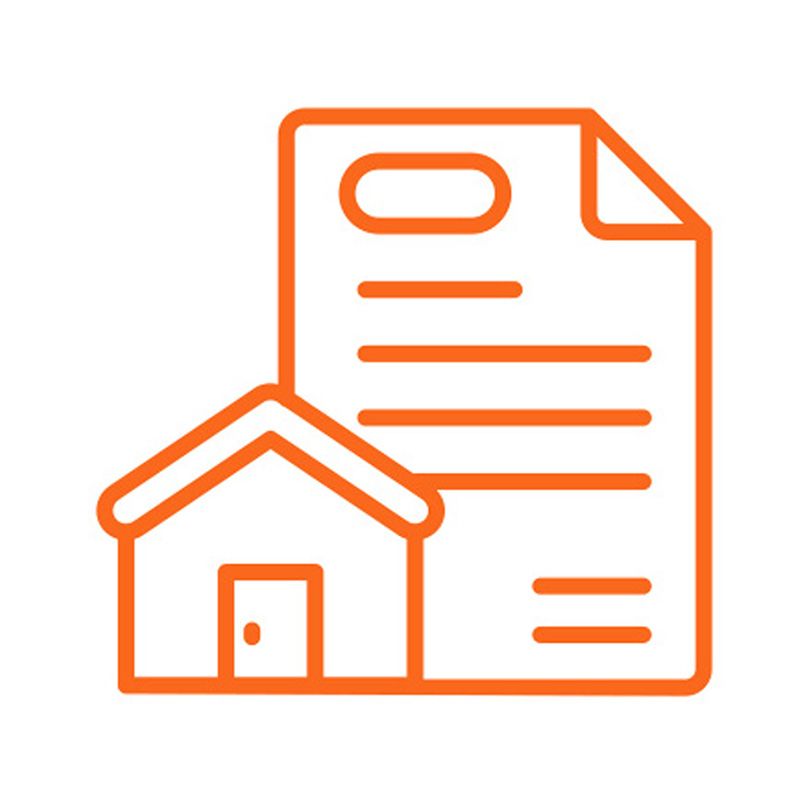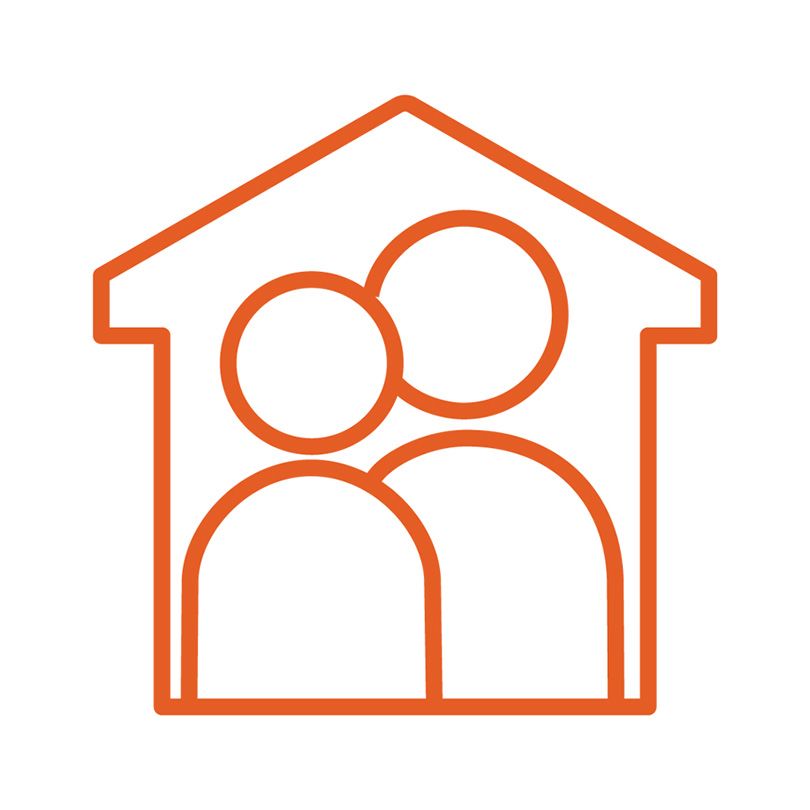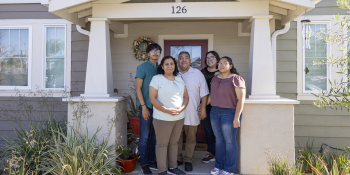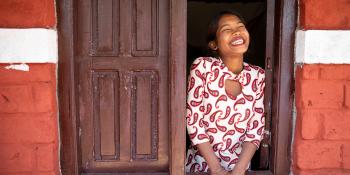Our work around the world
Cambodia
Rem and her daughter, Sonita, sit on the stairs of their new home in Siem Reap, Cambodia. Before partnering with Habitat Cambodia, their home was battered from the extreme elements, unable to shelter them from the heavy rain or heat.
Today, their durable zinc roof reflects heat and keeps out rain. The stilts keep them safe from flooding. They are secure, protected and proud in their Habitat home.
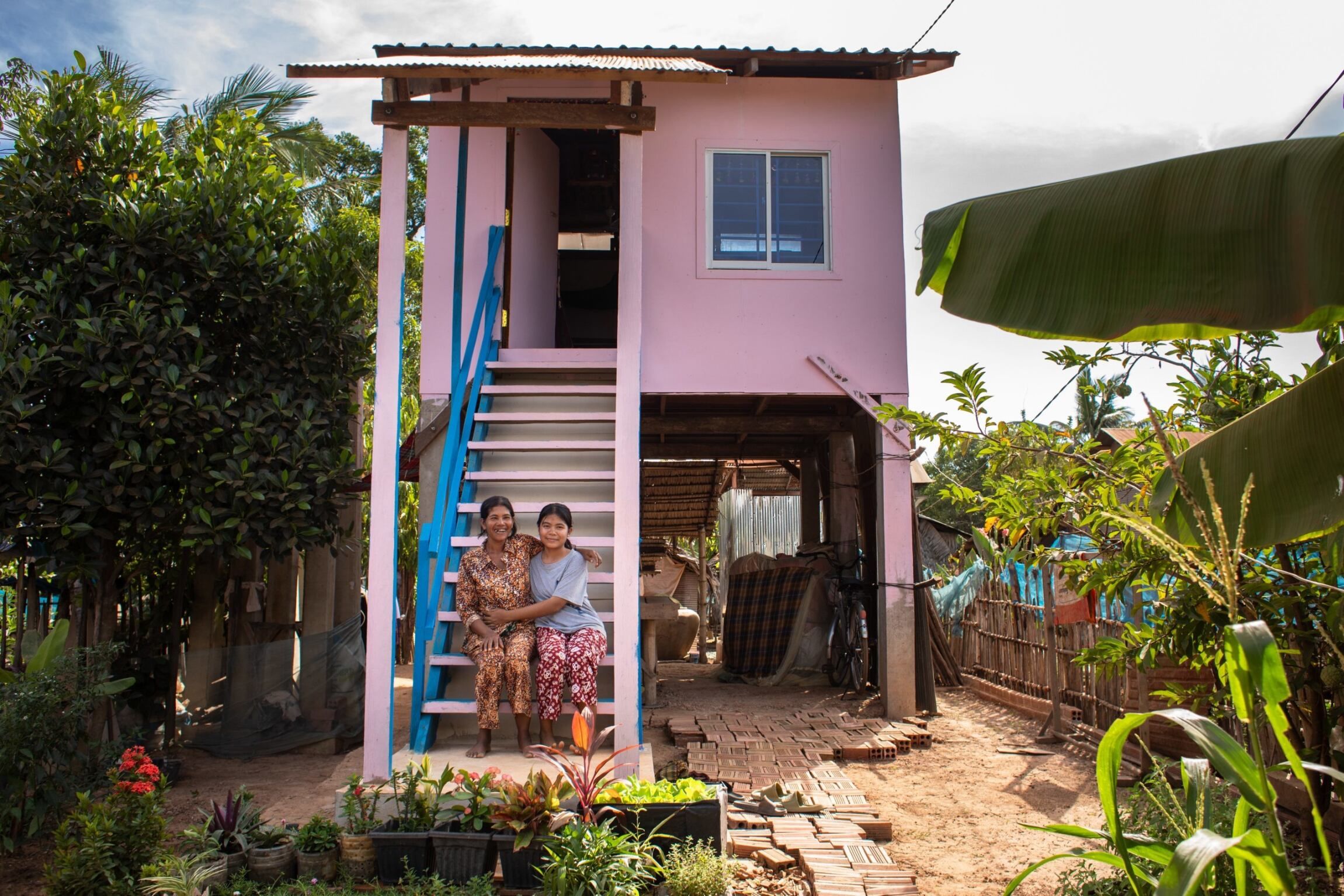
Tanzania
Microloans to finance critical home improvement
Tanzania faces a severe housing shortage, forcing many low-income families to live in substandard homes. These families can’t afford the high up-front cost of repairs and — because of how traditional bank loans are structured and administered — are unable to access affordable and appropriate financing to make essential home improvements.
In response, Habitat Tanzania offers loans specifically for housing repairs and upgrades through Makazi Bora Limited Finance. The microfinance product connects families with small-scale financing: loans that are designed for low-income borrowers and have more accessible interest rates and flexible repayment options.
Creating access to a kind of credit that works for them helps thousands of families. Every roof repair and plumbing improvement is a strategic investment in better houses — and better lives.
Mexico
Connecting workers with construction training
Much of the construction industry in Mexico relies on workers with limited access to formal training. Builders may use unsafe methods or materials, leading to structural defects. Families looking to build or repair their homes often don’t have access to a pool of formally trained workers to hire, which ultimately puts homeowners at risk.
Habitat’s Terwilliger Center for Innovation in Shelter partnered with Construyendo y Creciendo, a nationwide nonprofit that provides free job training and education, to create a course that provides construction workers with formal training.
The course teaches best practices for structural safety, correct building methods and home-design techniques. Through this training – offered online and in person – workers learn to build better, safer homes and can also advance their careers.
Habitat continues to refine the course, responding to industry needs and student feedback. We are currently pursuing new courses on sustainable, eco-friendly building. Construyendo y Creciendo is partnering with more builders and employers to reach even more students with these valuable resources.
Macedonia
Achieving stability in a Roma municipality
The Roma people lived a nomadic lifestyle for centuries. While most Roma people have settled in recent decades, they face ongoing economic and social barriers because they were historically denied access to land, housing and legal rights.
They are also refused rentals and frequently experience forced evictions. This pushes thousands of Roma families into informal settlements.
In Macedonia, many Roma people have settled in Shuto Orizari, which is the only municipality in Europe with a Roma mayor and a majority of the municipal council members who are Roma.
However, this did not grant property ownership to the residents, which they need to access essential services. Families must formalize their homes one by one. Because this legal process can often be lengthy and difficult, many residents have partnered with Habitat Macedonia for support. Habitat Macedonia and the community also helped the local government create a detailed urban plan, which is the legal framework needed to formalize homes.
Recently, hundreds of Roma residents celebrated the legalization of their homes. Now that they hold property deeds, they’re protected from evictions. They can access essential services like electricity and water and formally sell their homes. Residents are working alongside Habitat Macedonia to legalize all the homes in the community, and they’re continuing to work closely with lawmakers to ensure community development efforts truly meet local needs.
United States
Habitat’s impact on local economies
When Habitat helps families benefit from affordable homeownership, our work also has a strengthening effect on the local economy in the communities we serve.
In 2022, the year for which we have our most recent analysis, Habitat’s U.S. network invested US$1.68 billion in building and repairing homes, creating a total economic impact of US$2.91 billion. Our efforts across the country supported 28,751 jobs and paid more than US$1.61 billion in labor income. For every dollar Habitat invested, the local economy saw a return of US$1.74.
Read more about the economic impact of our work in the U.S.
